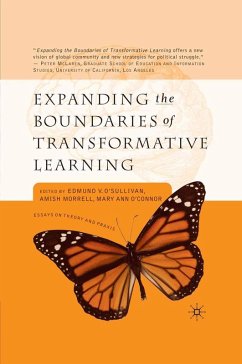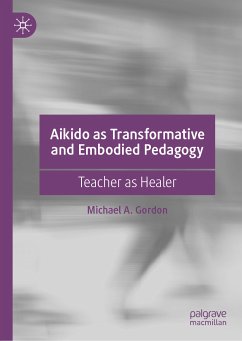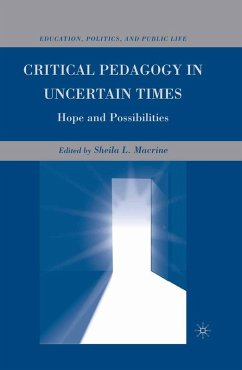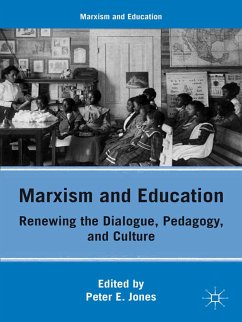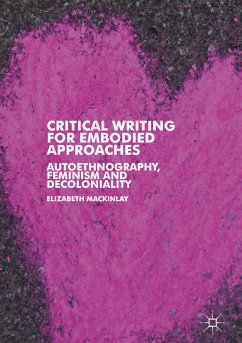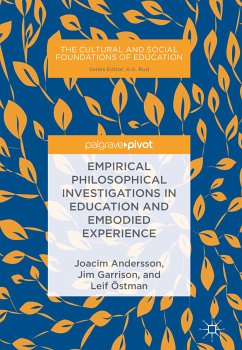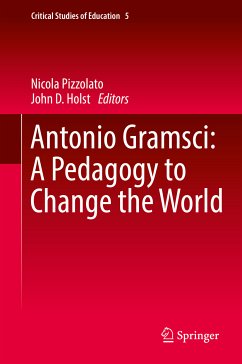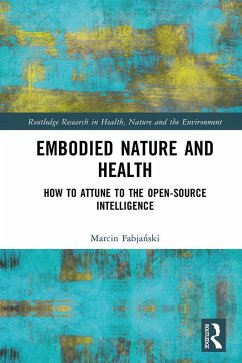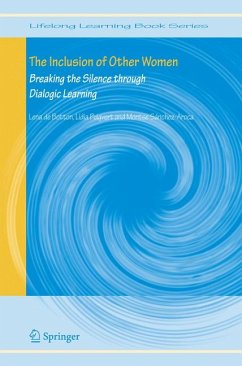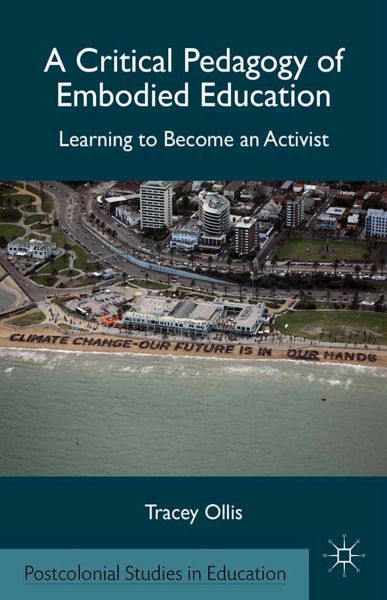
A Critical Pedagogy of Embodied Education (eBook, PDF)
Learning to Become an Activist
Versandkostenfrei!
Sofort per Download lieferbar
40,95 €
inkl. MwSt.
Weitere Ausgaben:

PAYBACK Punkte
20 °P sammeln!
Explores the differences and similarities between two groups: lifelong activists who have been engaged in campaigns and socials movements over many years and circumstantial activists, those protestors who come to activism due to a series of life circumstances. Outlines the pedagogy of activism and the process of learning to become an activist.
Dieser Download kann aus rechtlichen Gründen nur mit Rechnungsadresse in A, B, BG, CY, CZ, D, DK, EW, E, FIN, F, GR, HR, H, IRL, I, LT, L, LR, M, NL, PL, P, R, S, SLO, SK ausgeliefert werden.



